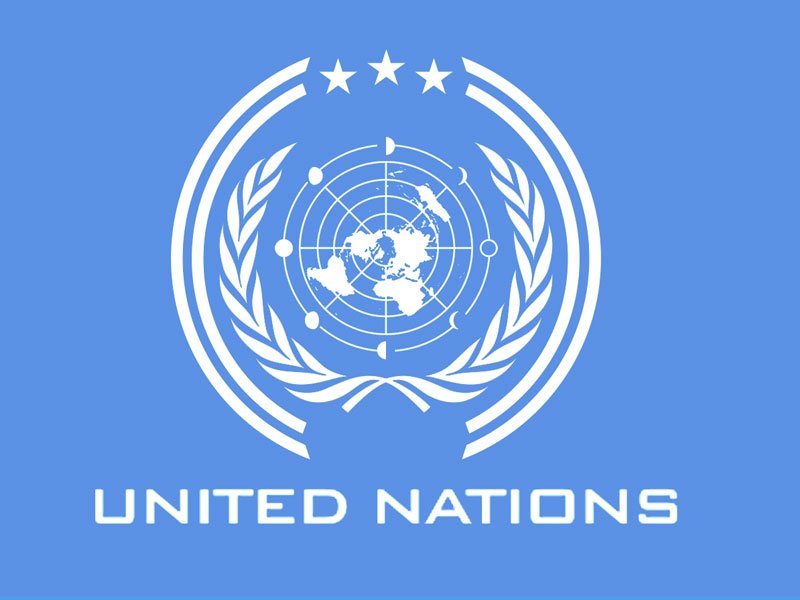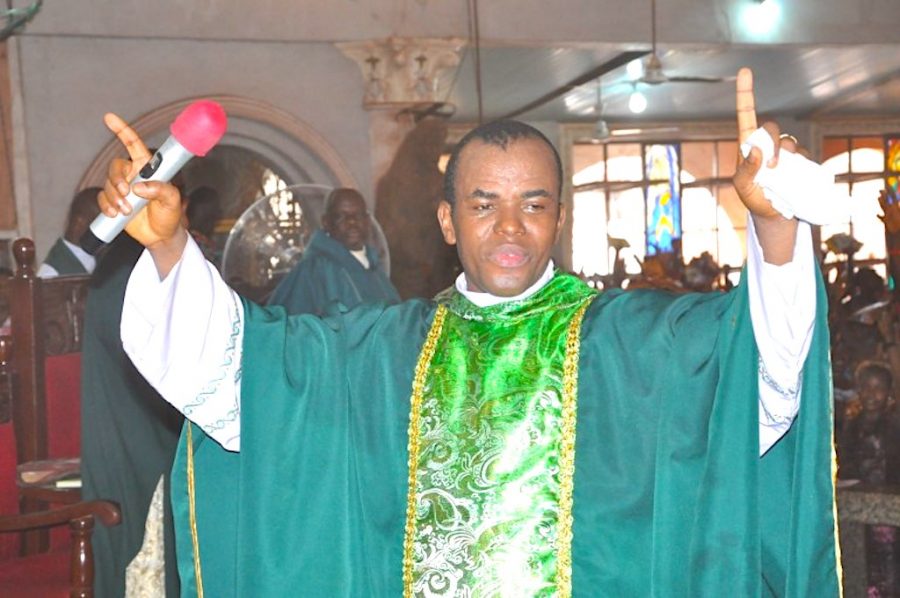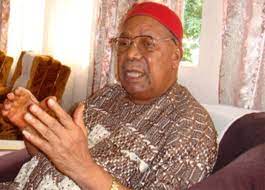The United Nations has advised Nigerians to abstain from hate speech, adding that the consequences are severe as electioneering campaigns for the general elections intensify.
The United Nations Resident Coordinator in Nigeria, Mr Matthias Schmale, gave the advice on Thursday, during a press conference on the International Day of Commemoration in Memory of the Victims of the Holocaust.
With the theme for this year’s Holocaust Remembrance Day, which is celebrated on January 27, “It started with words: How hate speech can cause real harm,” Schmale stressed the consequences of hate speech, which mostly affect women and girls, noting that the internet has supercharged such risks.
He stressed, “In Nigeria, with national elections imminent, we must be watchful for any upsurge in hate speech and disinformation, particularly if tensions were to rise between political, regional, or ethnic groups.
“We must be vigilant because words can be weaponised, which might lead to physical harm. From historical experience, we know that atrocities have been preceded by hate speech. The Holocaust is, of course, the starkest example of this. But the 1994 genocide against the Tutsi in Rwanda and the 1995 genocide in Srebrenica also serve as warnings to us.
Hate speech is a threat to our cherished values, to the cohesion of our societies, and the lives of our most vulnerable, especially women and girls. Undoubtedly, the internet and social media have amplified such risks. We need to strengthen the resilience of our young people against the ideologies of hatred and educate them on the dangers of disinformation.”
The UN Resident Coordinator added, “I call on all stakeholders in Nigerian society to stand up and speak out against instances of hate speech and discrimination. Each of us can play a role in countering this scourge and ensuring that all people enjoy the protections and rights for which the United Nations stands.”
In his message, the UN Secretary-General, António Guterres, said, “As we mourn the loss of so many and so much, we also recognise that the Holocaust was not inevitable. No genocide ever is.
“It was the deafening silence—both at home and abroad—that emboldened them. The alarm bells were ringing from the very beginning; hate speech and disinformation; contempt for human rights and the rule of law; the glorification of violence and tales of racial supremacy; disdain for democracy and diversity.”






